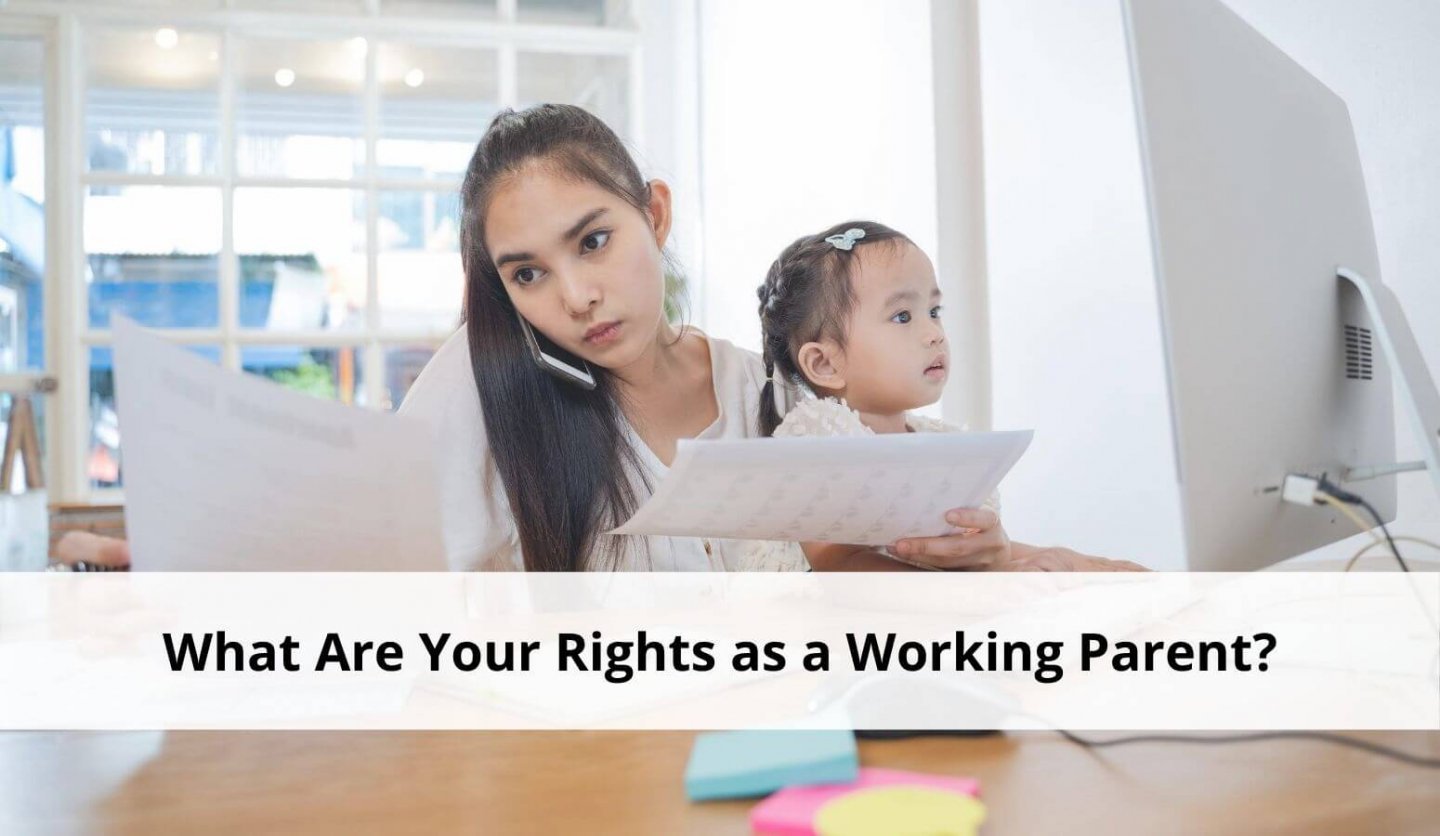
Working Parents’ Rights as Schools Reopen
With most schools scheduled to reopen on September 8, 2020, working parents may be wondering what their rights are in relation to their employers. Parents should be aware of their rights under the Employment Standards Act (“the ESA”) and the Human Rights Code (“the Code”).
Statutory Leaves of Absence Under the Employment Standards Act
On March 19, 2020, the ESA was amended to include a new leave called the infectious disease emergency leave (“IDEL”), an unpaid leave available to employees who cannot perform the duties of their position because of a COVID-19 related reason. There is no specified limit to the number of days an employee can be on IDEL. Employees have the right to be away from work on leave for as long as the event that triggered the entitlement to the leave lasts.
One COVID-19 related reason is if the employee is providing care or support to certain individuals (mostly family members) because of a matter related to COVID-19. Of course, one of the individuals listed in the ESA is a child, step-child or foster child of the employee or the employee’s spouse. The child need not have contracted COVID-19 for the parent to be able to take an IDEL. For example, if the child’s school is closed because of a COVID-19 outbreak, that qualifies as a COVID-19 related reason. Once the school is opened and the child is cleared to return to school, the triggering event will have ended and the employee must return to work.
Thus, simply because businesses and schools are reopening, employees’ rights to job-protected leaves remain as long as there is a legitimate need for the leave. It is important to note that employers may require an employee to provide evidence reasonable in the circumstances that the employee is eligible for the IDEL. An employer may ask for a note from the school confirming the closure.
Family Status Accommodation Under the Human Rights Code
Under the Code, employers have a legal duty to accommodate parents due to the protected ground of “family status” which is defined as being in a parent-child relationship. This means that employers may have to make adjustments to allow parents to work while balancing their childcare responsibilities. Employees must establish a need for the accommodation (in other words, they should be prepared to demonstrate that they have made attempts to secure childcare, such that the requested accommodation is a necessity rather than a preference).
What the accommodation itself will consist of depends on the circumstances of the care provider and employer. For example, some employees may request to work from home as an accommodation, while others may prefer to work a modified or reduced schedule. Others still may request an unpaid leave of absence. It is important for employees to keep in mind that they are not entitled to their ideal or preferred solution, the standard the employer must meet with respect to accommodating employees is “reasonable,” not “perfect.” On the other hand, employers are not permitted to take a universal approach to all of its staff. While offering an employee to work from home may work for one employee, this solution could be unworkable to another employee unless it is accompanied with working modified hours.
In conclusion, employers still have obligations under both the ESA and the Code, which directly apply to working parents. The fact that schools are reopening and parents are returning to work does not change those obligations. There may be circumstances where providing an employee with accommodation, including unpaid leave, may be warranted.
Whitten & Lublin, Employment Lawyers is one of Canada’s Premier Workplace Law Firms. If you would like to know more about your rights as a working parent, please contact us online or by phone at 416-640-2667.
Share:
Share on facebook
Share on twitter
Share on linkedin



